Related Research Articles

Osiel Cárdenas Guillén is a Mexican drug lord and the former leader of the Gulf Cartel and Los Zetas. Originally a mechanic in Matamoros, Tamaulipas, he entered the cartel by killing Juan García Abrego's friend and competitor Salvador Gómez, after the former's arrest in 1996. As confrontations with rival groups heated up, Osiel Cárdenas sought and recruited over 30 deserters from the Grupo Aeromóvil de Fuerzas Especiales to form the cartel's armed wing. Los Zetas served as the hired private mercenary army of the Gulf Cartel.
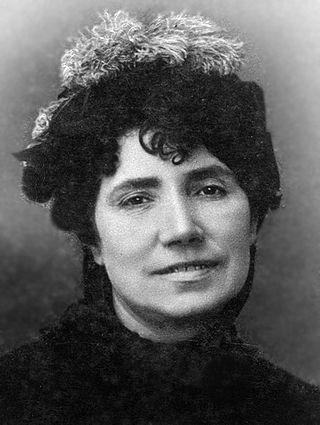
María Rosalía Rita de Castro, was a Galician poet and novelist, considered one of the most important figures of the 19th-century Spanish literature and modern lyricism. Widely regarded as the greatest Galician cultural icon, she was a leading figure in the emergence of the literary Galician language. Through her work, she projected multiple emotions, including the yearning for the celebration of Galician identity and culture, and female empowerment. She is credited with challenging the traditional female writer archetype.

Cristian Sáinz Castro is a Mexican pop singer. He is the son of actors Verónica Castro and Manuel "El Loco" Valdés, and nephew of actors Ramón Valdés and Germán "Tin-Tan" Valdés. Castro has sold over 12 million copies, making him one of the best-selling Latin music artists of all-time.
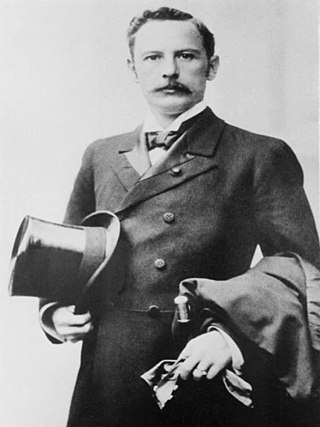
Rafael Anselmo José Iglesias Castro, also known as Rafael Yglesias was a Costa Rican politician who served as President of Costa Rica for two consecutive periods from 1894 to 1902.

José Cipriano Castro Ruiz was a high-ranking officer of the Venezuelan military, politician and the president of Venezuela from 1899 to 1908. He was the first man from the Venezuelan Andes to rule the country, and was the first of four military strongmen from the Andean state of Táchira to rule the country over the next 46 years.

Rosa salvaje (Spanish pronunciation:[ˈrosasalˈβaxe]; is a Mexican telenovela produced by Valentín Pimstein for Televisa. The telenovela premiered on Canal de las Estrellas on July 6, 1987 and ran for 199 episodes until April 8, 1988. This telenovela was a huge success in Armenia, Nigeria, Mexico, Japan, Kenya, Latin America, Italy, Bulgaria, Croatia, Serbia, Bosnia and Herzegovina, Russia, Estonia, South Korea, Ukraine, Canada the United States and Indonesia.
Señorita República Dominicana 1956 was held on January 29, 1956. There were 24 candidates who competed for the national crown. The winner represented the Dominican Republic at the Miss Universe 1956. On the top 10 they showed their evening gown so they could go to the top 5. In the top 5 they would answer more questions. This edition would send their first delegate to Miss Universe.

Reina de la Noche is the ninth album by Mexican iconic pop singer Verónica Castro. It was released in 1987. "Mala Noche... ¡No!" is the theme song to Verónica Castro's Hit show of the same name. Verónica Castro was filming the telenovela Rosa salvaje at the time. Due to the success of her album, "Reina de la Noche," she was invited to perform in the 30th anniversary celebration of Viña Del Mar.

Antonio Ezequiel Cárdenas Guillén, commonly referred to by his alias Tony Tormenta, was a Mexican drug lord and co-leader of the Gulf Cartel, a drug trafficking organization based in Tamaulipas. He headed the criminal group along with Jorge Eduardo Costilla Sánchez. Antonio was considered by Mexican security forces as one of Mexico's most-wanted men.
Arturo Guzmán Decena, also known by his code name Z-1, was a Mexican Army Special Forces officer and high-ranking member of Los Zetas, a criminal group based in Tamaulipas. He defected from the military in 1997 and formed Los Zetas, the Gulf Cartel's former paramilitary wing, under the leadership of the kingpin Osiel Cárdenas Guillén.

Carlos Alberto Rosales Mendoza was a former Mexican drug lord who founded and led an organized crime syndicate called La Familia Michoacana. He was a close friend and associate of Osiel Cárdenas Guillén, the former leader of the Gulf Cartel.
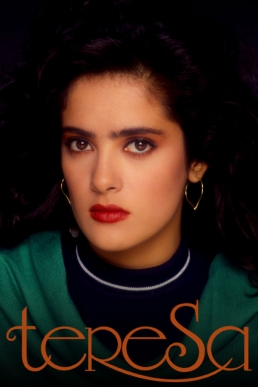
Teresa is a Mexican telenovela produced by Lucy Orozco for Televisa in 1989.

Gustavo González Castro, commonly referred to by his alias "El Erótico", is a suspected Mexican drug lord and founding member of Los Zetas, a criminal organization originally formed by ex-commandos from the Mexican Armed Forces. He joined the Mexican Army as an infantry soldier in 1990, and ascended to the corporal unit five years later. By 1999, however, González Castro had resigned and began working for the Gulf Cartel and Los Zetas along with several former military men.
Homero Enrique Cárdenas Guillén, also known by his aliases El Majadero and El Orejón, was a Mexican suspected drug lord and alleged leader of the Gulf Cartel, a drug trafficking organization. He is the brother of the former Gulf Cartel leaders Antonio, Mario, and Osiel Cárdenas Guillen. During the late 1990s, Homero worked for the Gulf Cartel under the tutelage of his brothers. However, after several years of government crackdowns, the Gulf Cartel suffered severe drawbacks, including the death and arrests of Homero's brothers and allies. In August 2013, Homero became the de facto leader of the Gulf Cartel following the arrest of Mario Ramírez Treviño. However, he reportedly died of a heart attack on 28 March 2014.

Piel salvaje is a Venezuelan telenovela produced by RCTV for Televen. It is based on the telenovelas La Fiera and Pura Sangre written by Julio César Mármol, José Ignacio Cabrujas and Salvador Garmendia. The new version is adapted by Martín Hahn.
La llama de tu amor is a Mexican telenovela produced by Guillermo Diazayas for Televisa in 1979.
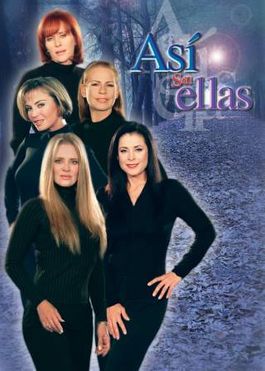
Así son ellas is a Mexican telenovela produced by Raúl Araiza for Televisa in 2002.
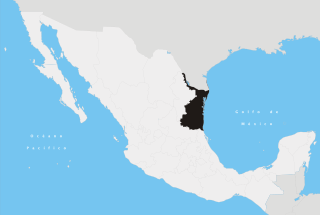
On 9 November 1999, two agents from the United States Drug Enforcement Administration (DEA) and Federal Bureau of Investigation (FBI) were threatened at gunpoint and nearly killed in Matamoros, Tamaulipas, Mexico, by gunmen of the Gulf Cartel, a criminal group based in the area. The two agents traveled to Matamoros with an informant to gather intelligence on the operations of the Gulf Cartel. As they cruised through one of the properties owned by the criminal group, they noticed several vehicles following them. The agents were forced to a stop and were corralled by a convoy of eight vehicles, from which 15 gunmen emerged and surrounded the agents' car. Some of them wore uniforms of the local police. Among the gunmen was the former kingpin Osiel Cárdenas Guillén, who recognized the informant and ordered the three of them to get out of their vehicle.
Jorge López Pérez, also known as El Chuta, is a Mexican suspected drug lord and high-ranking member of Los Zetas, a criminal group based in Tamaulipas, Mexico. López Pérez joined the Mexican Army in 1979. He specialized in martial arts, parachuting, explosives and guerrilla warfare tactics. In 1981, he deserted from the military and joined a cell of the Juárez Cartel, where he coordinated drug trafficking operations in Cancún. In the early 2000s, López Pérez left and worked as an independent trafficker before joining the Gulf Cartel. He became one of the first members of the cartel's newly formed paramilitary wing, Los Zetas. Like López Pérez, most of the first members of Los Zetas were ex-military. Wanted on drug trafficking charges, he is one of the last remaining fugitives from the early Zetas generation.
References
- ↑ "Perfil: Dip. Osiel Castro de la Rosa, LX Legislatura". Sistema de Información Legislativa (SIL). SEGOB . Retrieved 17 July 2024.